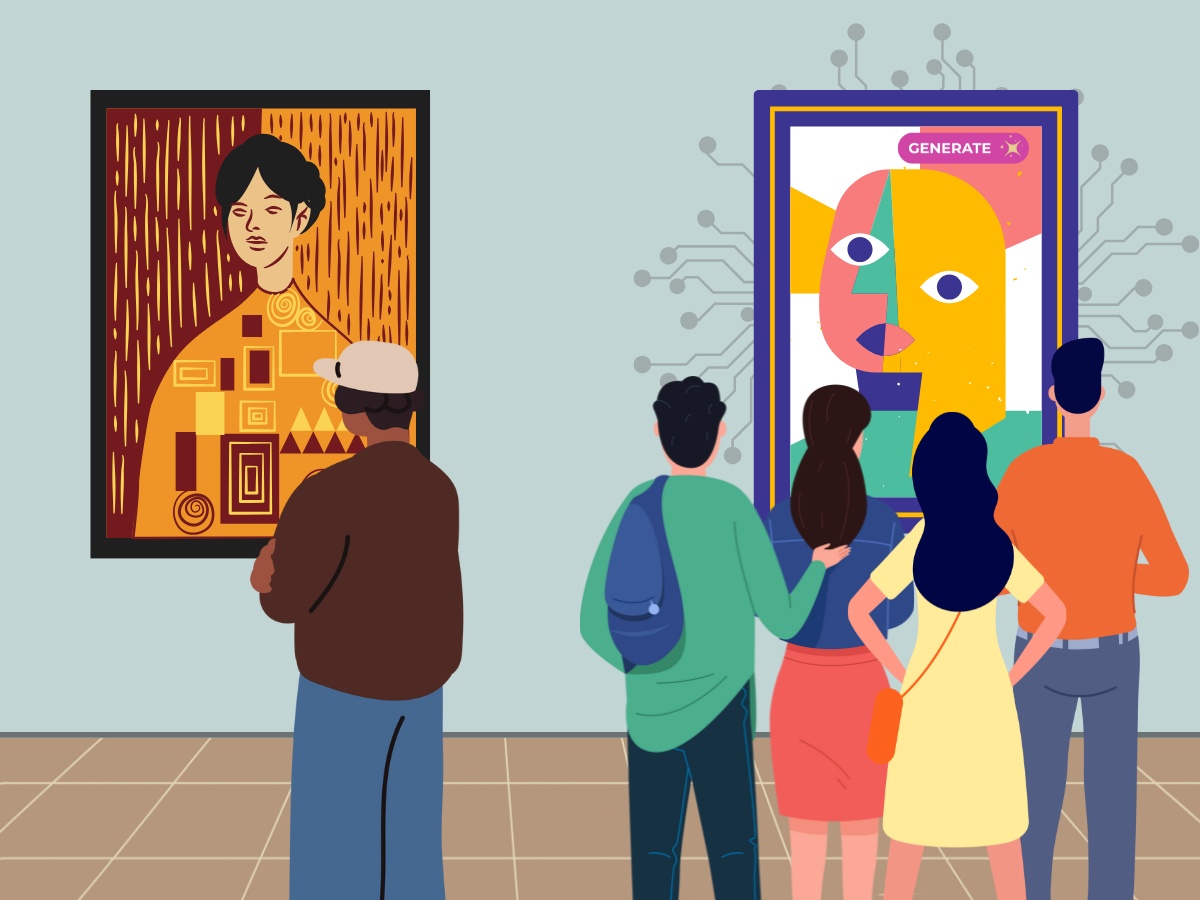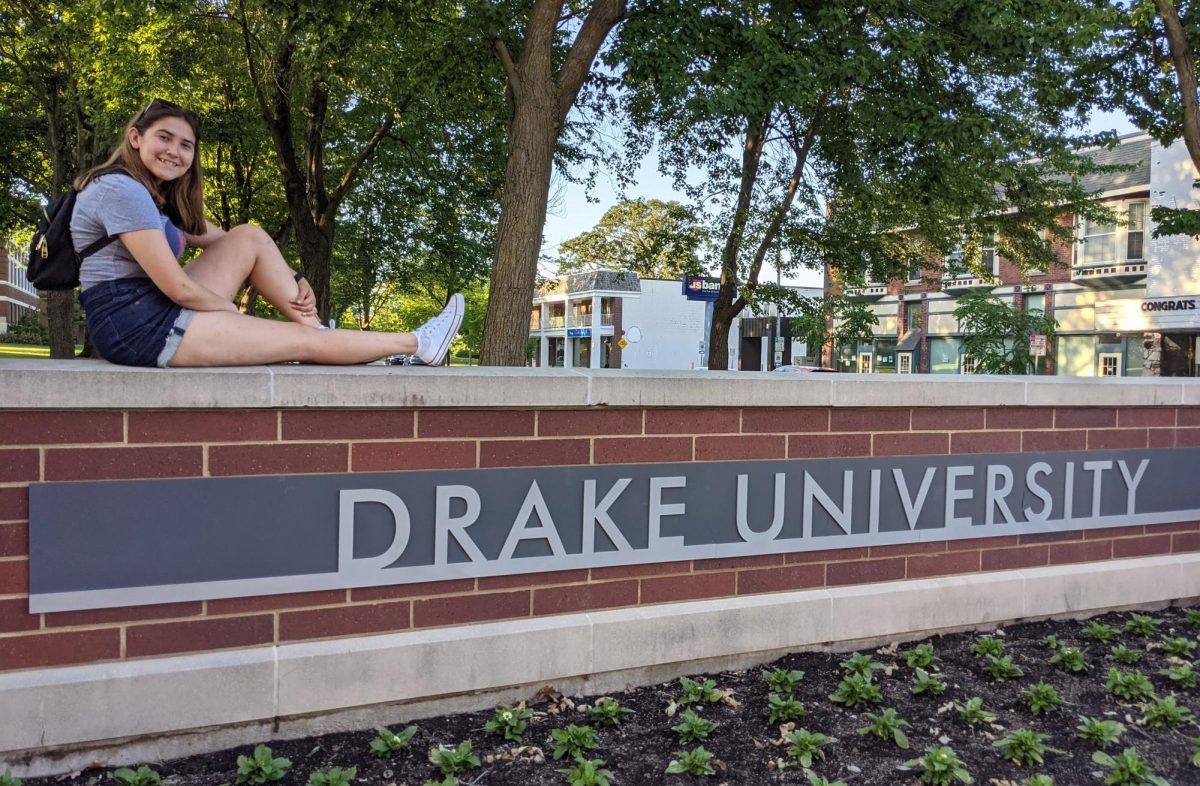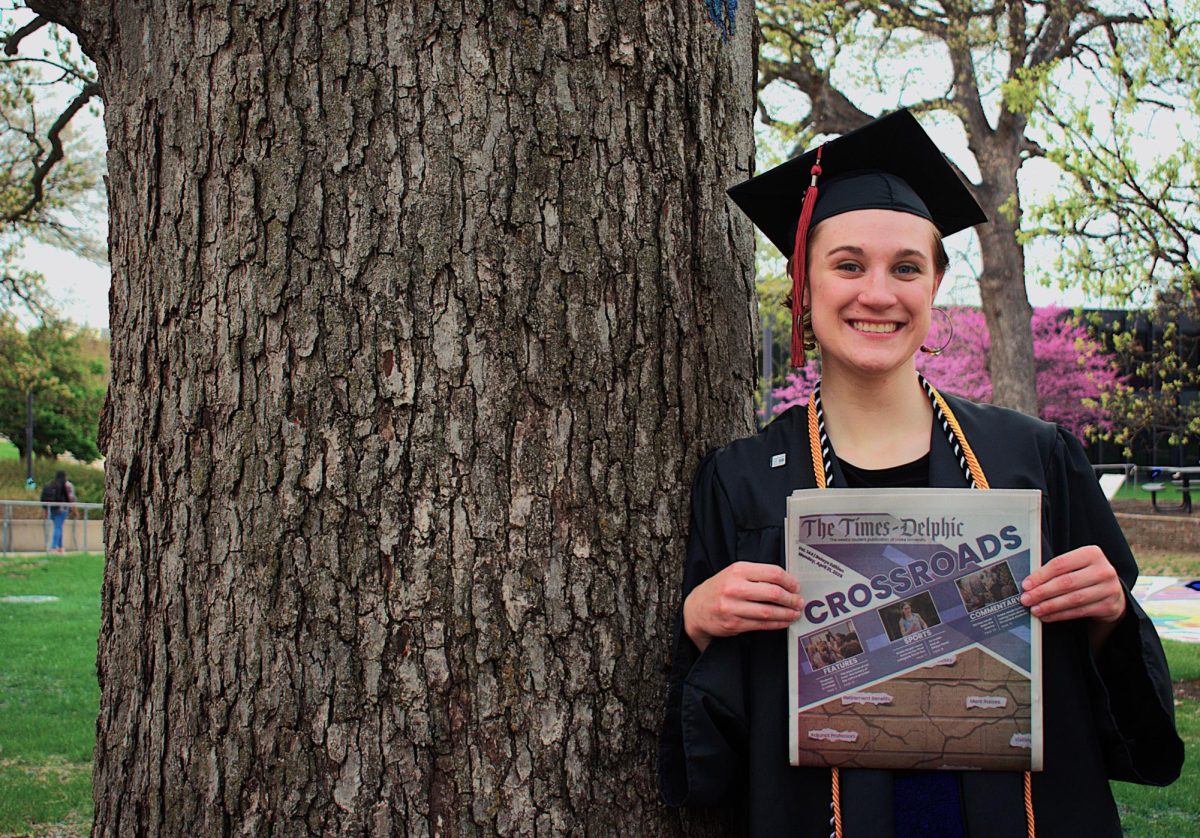It’s so quiet you could hear a pin drop. Not a soul is in the vicinity; you are completely, totally alone in the void that is the third floor of Cowles Library. You slide your mask down, imagining that there is no rational reason for you to hinder your studying with the aforementioned piece of cloth. However, not five minutes later, a kind library worker asks you to pull your mask up, and you, not wanting to initiate a conflict, oblige.
As is often the issue with broad regulations, Drake’s mask mandate allows too little room for reasonable exceptions. By now, society is aware of the benefits masks provide in preventing the spread of COVID. However, there are times when wearing a mask is practically pointless – such as when a student is studying or exercising alone. According to the CDC, COVID spreads primarily through respiratory droplets between people less than six feet apart and rarely through contact with surfaces. Therefore, if an individual is sufficiently spaced from those around them, wearing a mask only creates discomfort without the benefits of illness protection. Even then, if Drake believes that the minimal possibility of transference through surfaces is cause for concern, it can provide students with disinfectant wipes in place of mandating masks. I for one would be thrilled to wipe down my three-walled individual studying cubicle or exercise machine after use if it meant that I would not have to wear a mask for the duration of my activity.
Of course, not everyone will be bothered by a mask while studying or even during exercising. However, those who are bothered can be inconvenienced or downright harmed by unreasonable mask mandates. For instance, I have yet to use the lovely facility known as the Bell Center because I am simply not athletic enough to handle exercise in a mask, even though one of my main goals for this year was to begin regular cardio and weight training to improve my physical health. In place of cardio on a treadmill, I have opted for jogging around campus in the hot sun, but I have yet to find a reasonable replacement for weight training. That said, I know many others who altogether scrapped the idea of staying fit due to the mask mandate in the campus’s primary recreational facility. Hence, a policy that was designed to promote health is instead hindering health.
Likewise, mask requirements in the library can hurt certain students academically. When possible, I attempt to study outside or find empty unmonitored rooms in academic buildings because I find the mask to be detrimental to my studying. When this is not an option and I wind up at a secluded work desk on the third floor of Cowles, I often find myself tugging at the earloops, pulling down the nosepiece or frequently removing the mask to take a sip of water. (Yes, I have a well-fitting, breathable mask. Yes, I face some of these same issues during classes but am willing to endure for the benefit of those around me.) If a student like myself is respectfully socially distancing while studying, a mask provides minimal health benefit and yet causes productivity to suffer.
This isn’t to mention that students often hang out maskless in dorms and the dining hall – activities far more likely to cause transmission than studying alone in the library. The potential danger posed by the hours-old remnants of a student’s respiratory droplets is comparatively minute. Of course, you could argue for the reverse solution to eliminating this inconsistency: Require that students wear masks whenever possible indoors, including in the dorms and after eating. However, given the low transmission rates on Drake’s campus, I think it is safe to say that these activities have minimal impact and can therefore proceed as normal.
If wearing a mask in the aforementioned situations provides little protection but can be detrimental to a student’s physical and academic well-being, why, you might ask, would an institution of academics institute such a policy? This requires a more in-depth look at the influences of public opinion, especially academic public opinion, on our institutions of higher education. While it is typically good that these institutions cater policies to those they serve, college students – and even college faculty – are rarely experts on matters of health policy, save a few specialized professors. What follows is that some of these policies become performative; they act as statements of adherence to socially acceptable agendas rather than guidelines grounded in scientific fact.
Once again, I do not believe that any portion of the mask mandate was designed to be harmful; Drake administration simply wants to do what is best for students and faculty. In the end, however, recognizing when science and public opinion conflict is vital to creating policies that benefit all students without causing unnecessary health or academic damage.







